The secret to being successful in Denmark is to never tell anyone that you are busy, confides Stuart Lynch, the tireless head of school for KFTS (Københavns Film & Teaterskole/Københavns Film & Teaterskole/Københavns Film & Teaterskole).
A resident of Copenhagen since the early 1990s, the appointment of the half-Australian, half-British theater artist as the prestigious school’s new headmaster in February 2013 surprised many, but a decade later he continues to infuse KFTS with purpose and energy.
Not only does 2023 mark the decade of his accession, but it also heralds a new era: for the first time in its history, KFTS will be able to provide its graduates with a level qualification.
It’s a testament to the sustained effort that Lynch, aided by a team of hard-working (but never busy!) teachers, has put into transforming a school with a “dangerous cult-like atmosphere” that he remembers being in a “bad situation” when he took over.
“It reminded me of my martial arts training as a young man and the uniforms favored by the samurai. The armor only worked when they were going forward; if they turned they were unprotected as there is no honor in retreating. I also had to jump in and never look back,” he said.
Holistic approach
Established in 1995, and previously called Holberg Film and Theater School, KFTS moved from venue to venue and finally settled in its current home, a former Nørrebro chocolate factory, in 2010.
Known as a Stanislavski school, it established itself as a viable alternative to the Statens Teaterskole. However, that went away around 2011-12 and Lynch was headhunted to save the school from closure.
The curriculum was idiosyncratic, old-fashioned and, according to Lynch, lacked a holistic approach to the pupils’ inner self.
“For example, The Method acting technique requires actors to draw on authentic emotions for their performances by finding a character in their psyche, but this can be emotionally draining,” he said.
“I saw the opportunity to introduce modern coaching into the school and give students a strong psychological grounding to return to ‘real life’ after diving deep into an acting role.”
Lynch has drawn on his expertise in philosophy, psychology and accreditations in cognitive behavioral therapy coaching and neurolinguistic programming.
“The big problem is when you try to go into some dark areas, you need tools, and if you don’t have those tools, you can easily get carried away. Becoming psychologically unstable is a big problem among actors,” he claimed.
Finding the right method
Equally important, according to Lynch, was to set up a framework that enables students to connect with the acting method that works best for them.
“Often it’s many different components from different acting approaches or methods and styles, but some methods will leave students cold, so it’s best if their learning is concentrated on others,” he explained.
“Usually there’s one style that they connect with: whether it’s a method with a more emotional background or action-based, a more classic approach.”
When Lynch started out, he encountered “a lot of different methods taught by people who had strong ideas about acting, however idiosyncratic, based on no real pedagogical scientific experience”.
What he thought the school needed were specialists in the methods. “If you want to study the Meisner technique, you do it with a Meisner teacher, etc.,” he reasoned.
“That way, if they wish, a student can seamlessly resume their education in New York. But if the direction of teaching hovers within notions of ‘fusion’ and poor teaching technique, then it becomes problematic.”
A business approach
Another major addition to the curriculum in 2013 was business classes aimed at giving students the opportunity to truly understand the inner workings of the industry: from how to raise money and apply for arts grants to preferred methods of networking and making connections.
“We create individuals who are independent and confident, both in their personal way and their ability to sell themselves in a way that doesn’t suggest that they love themselves, but rather that they are in love with what they do. If you push yourself from the perspective of being passionate about your craft, people love that kind of push,” Lynch enthused.
Likewise, alongside strong classical training, other performance skills less commonly associated with acting but still relevant in Lynch’s opinion are prioritized, such as public speaking and body position training.
After all, not all students end up as actors, so it is important to facilitate them with skills that can make a big difference in a future career away from the stage.
“At the end of the day, there’s an awful lot of luck involved in being in the right place at the right time. Saying ‘no’ to going out drinking – and then someone else takes your place and gets the job. That’s the kind of life , and you can’t do anything about it,” he ventured.
“So many people end up teaching, or they use acting in business, or therapy, etc. But the basic fundamental techniques they learn will serve them well.”
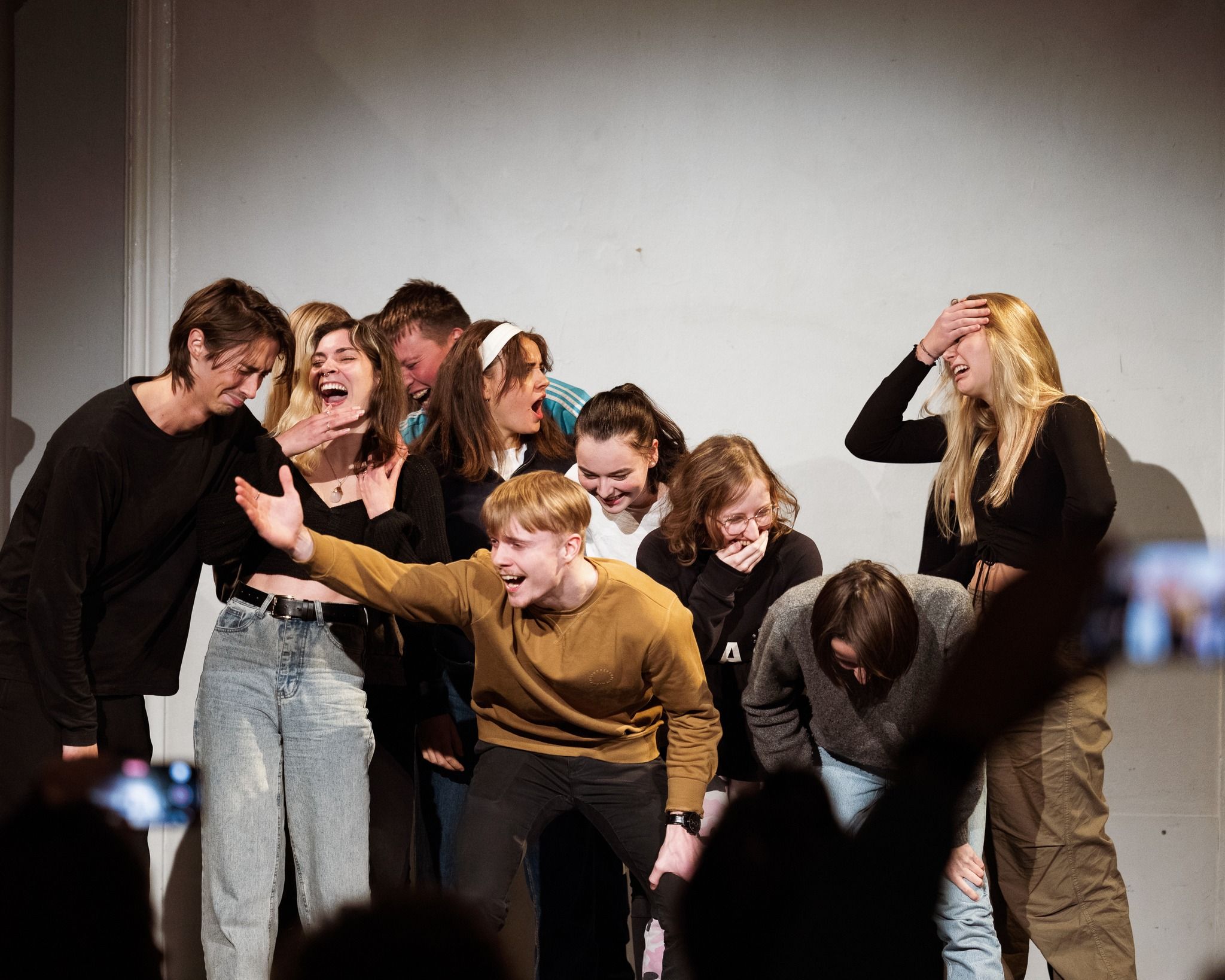
Strong international presence
About a third of the 70 students at the school at any given time are international.
According to Lynch, it is invaluable for the Danes to mingle with the internationals – and “they tend to work together a lot” during the first year.
“We’ve created a very welcoming place for anyone who wants to be an actor, because the truth of the matter is that many actors have some kind of neurodivergence,” he revealed.
“The atmosphere is facilitating, but not hierarchical. The knowledge they acquire is mostly knowledge they discover themselves. We are trying to open doors to ensure that, for example, intersectional feminism is part of the school without it being painted on the wall.”
But the school is more forthright about the need to create a safe place for everyone.
“It’s especially important in improv,” Lynch continued.
“We must have structures in place so that all students feel safe. Whether it is people who feel they are being bullied; people who have had problems with their gender; people exploring their own identity.”
STAFF
Stuart Lynch
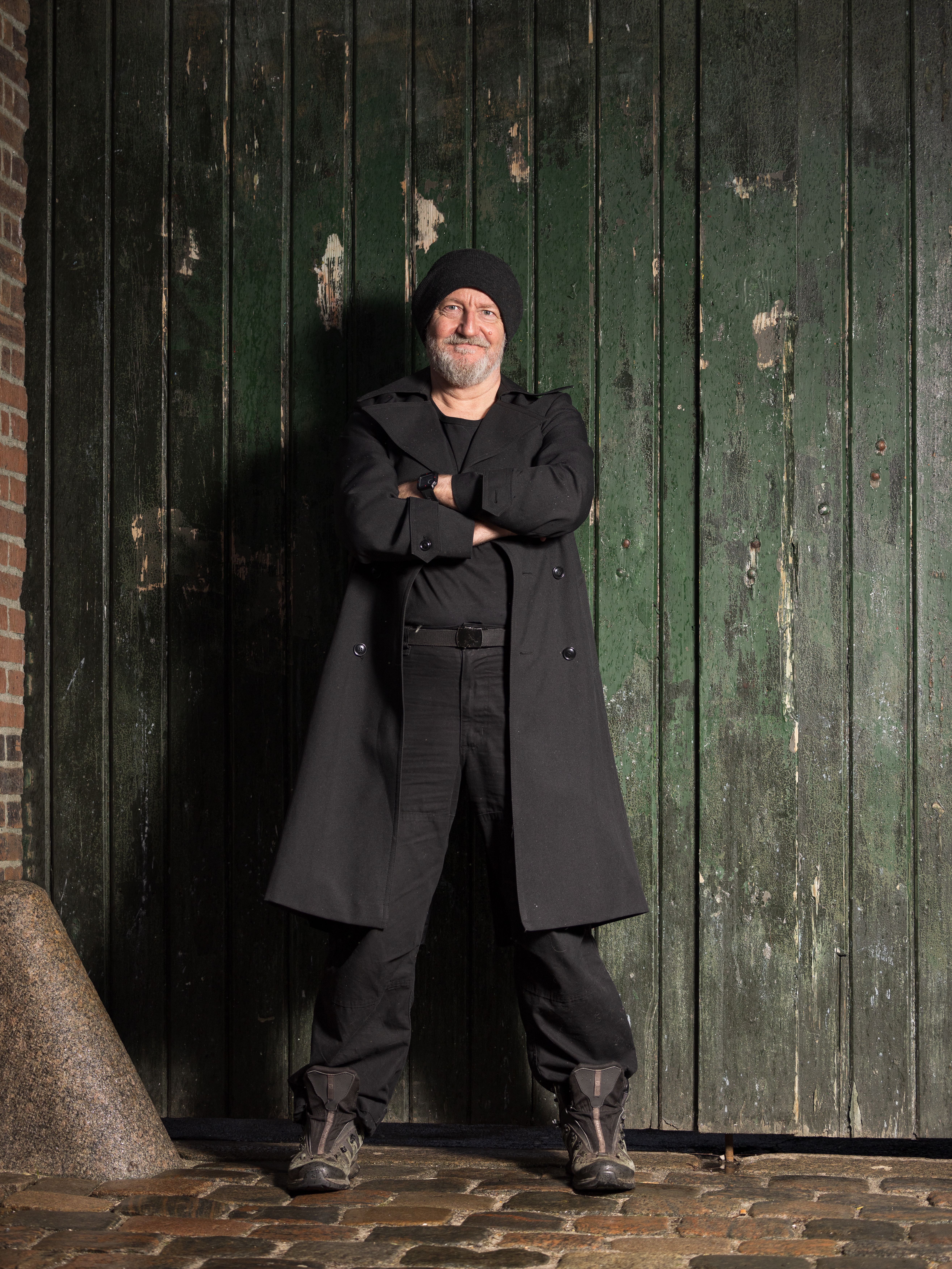
Head of school since 2013
British-Australian
The principal of Denmark’s largest free theater school is also a renowned theater director and dancer. Originally trained in sculpture, dance and psychology, his solo and directed works have toured extensively and internationally. His last scale work before his leadership role at KFTS was ‘Dreyer, Den Danske Tyran’, which opened CPH PIX in 2013. Read more at stuartlynch.dk.
Anders Glud Jensen
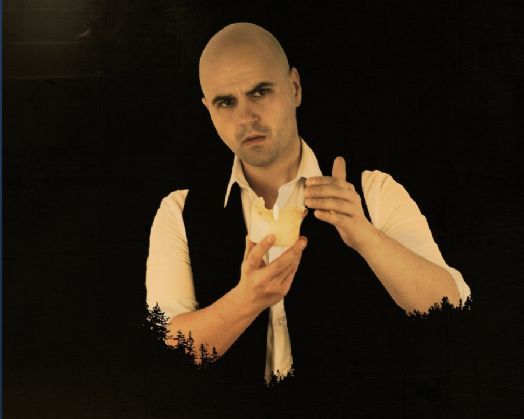
Teacher in method acting technique
danish
For me, coming to teach at the school and serving the students is a testament to both the industry I love so much and the mentors I’ve had so far. It is a privilege to come and train players of all ages who want to work and who want the art. The actors come to train and develop. It is touching and it gives hope. I love sharing that place with them. It is important.
Barry McKenna
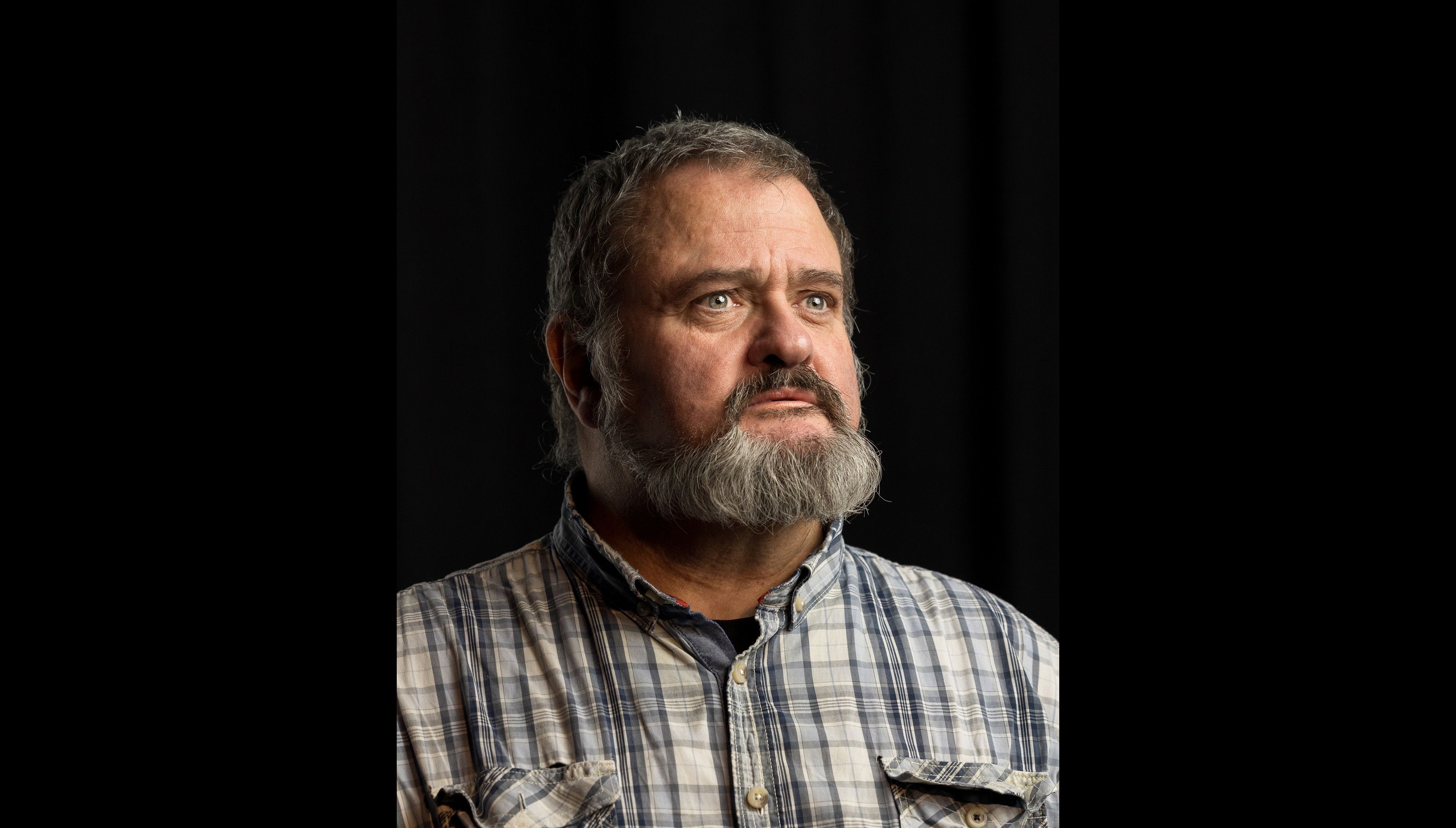
Teacher of Shakespeare
British
I have worked for KFTS now for over six years, ever since Stuart Lynch hired me to direct scenes from Shakespeare in honor of the Bard on his 400th anniversary in 2016. It is wonderful to work in such an environment as KFTS. Every lesson, project and production is approached with such enthusiasm and professionalism. You feel such positive support from all employees and colleagues. Not to mention the students’ serious attitude, which can only be instilled by the permanent teachers and especially Stuart himself, who keeps an educational eye on all his students. Both as a Year 1 teacher and Director of the Year 3 Shakespeare showcase, I feel that I have done some of my best work thanks to the quality of the students, the technical department and the aforementioned support from the school.
STUDENT
Troels Blaabjerg Schäfer

Second year student
danish
KFTS for me was about finding my shelf in life. The school is full of dedicated and skilled teachers – all experts in their own field. The school’s fantastic combination of different acting methods, skills and coaching help me to skill up and pivot into the world of acting. It’s the first time in my life that I actually want to go to school!
Annamaria Hansen
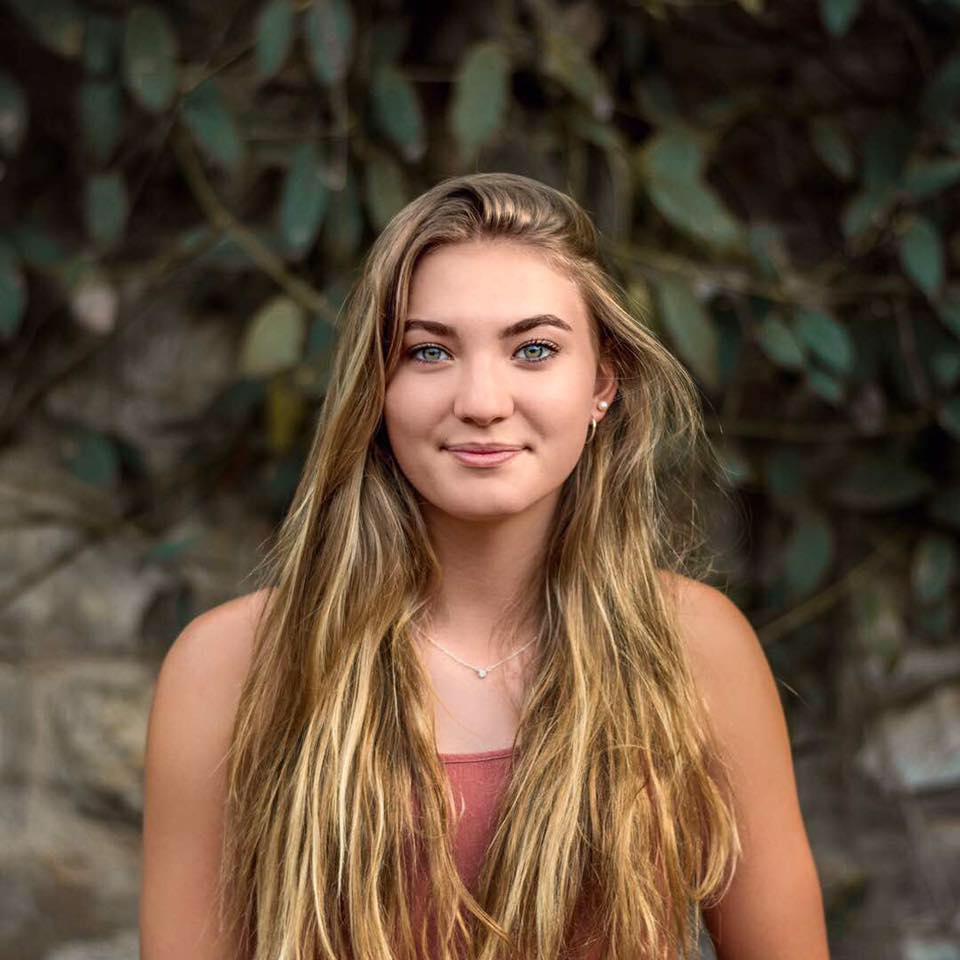
Third year student
danish
One of the most exciting experiences I’ve had at the school is with the life coaching it offers students. It teaches its students to explore their emotions and feelings safely and then use them to act. This aspect of the school not only helps build your acting but also overflows and positively affects your ‘everyday’ as a working actor. The open and welcoming nature of the school and its top class teachers bring to life the safest environment to explore, create and discover your potential as an actor from the perspective of multiple acting techniques.
EDUCATORS
Natalia Ancinova
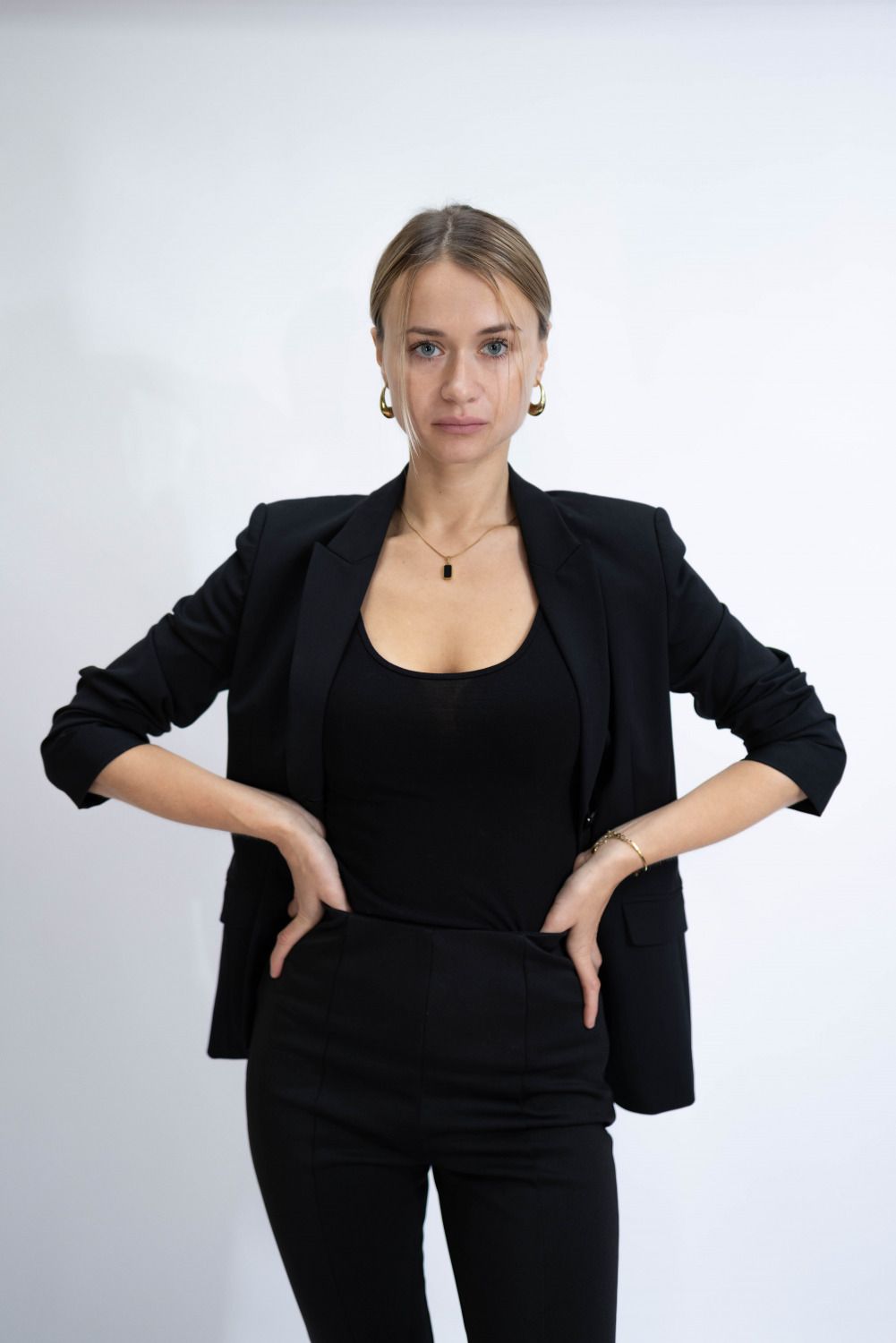
Graduated in 2022
Slovak
It’s crazy to realize that in one year with KFTS, I experienced a greater variety of different acting techniques and methods than my fellow friends who studied at the state acting university in my country. KFTS showed me how my state of being and acting are strongly connected and how the statement “Let it go” can help in both aspects. As an overthinking woman, I consider it to be one of the best skills I could possibly have learned. But the best part of my year? As Michael Scott would say: “The People”. Cliché, but my international friends, all of whom are currently somewhere else, are my best best friends. They supported me not only in acting but with my everyday problems.
Dawn Wall
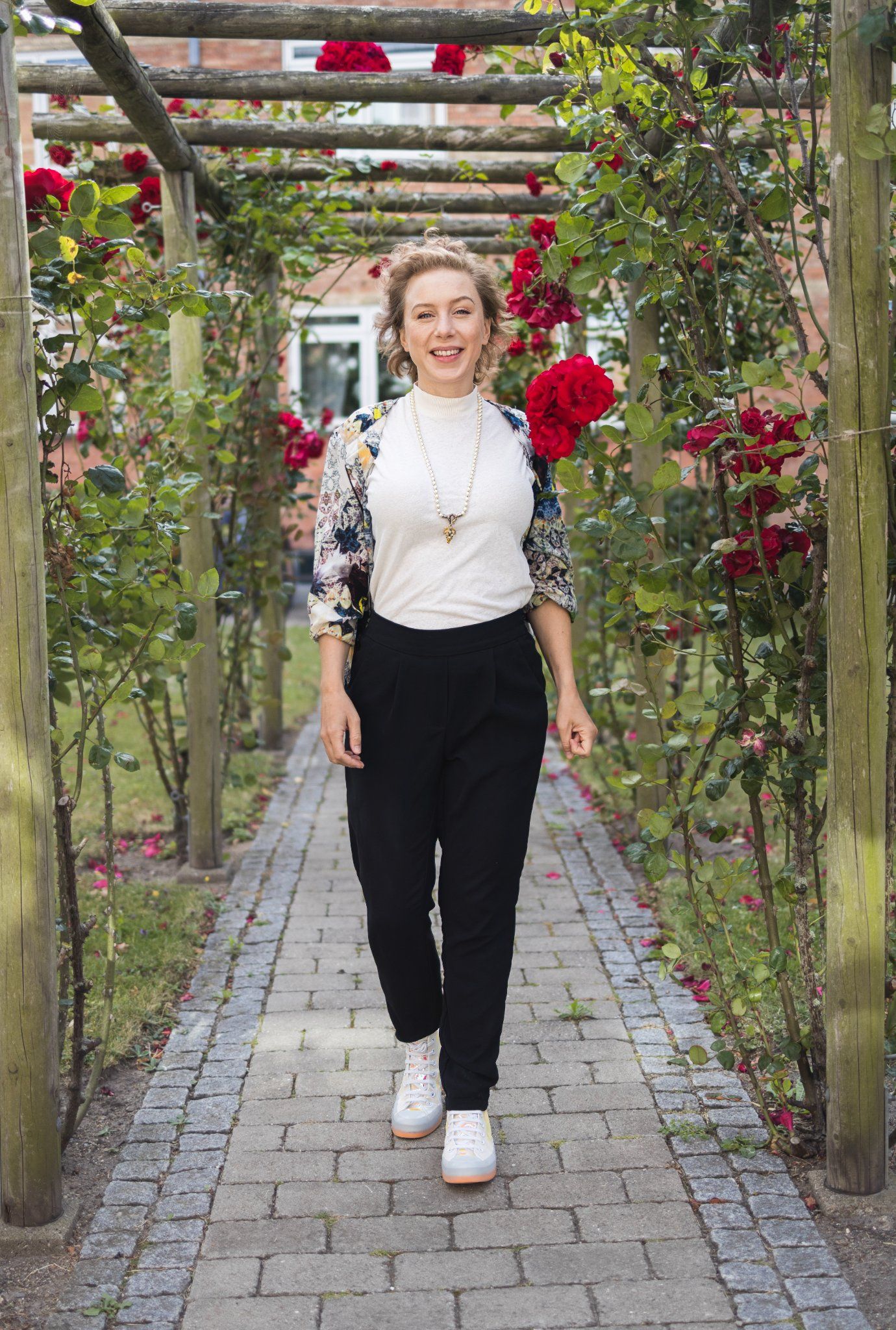
Graduated in 2018
British
Being at the school for me was like a feeling of coming home to be surrounded by like-minded minds and the feeling that I could be myself for the first time in my life, even though I was in my early 30s. Attending KFTS was a gift, and having internationally recognized teachers and guest teachers, along with access to both film and theater, gave me the tools I needed to succeed in my career. read more on dawnwalldk.wixsite.com.
